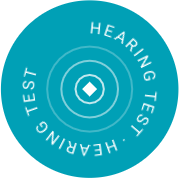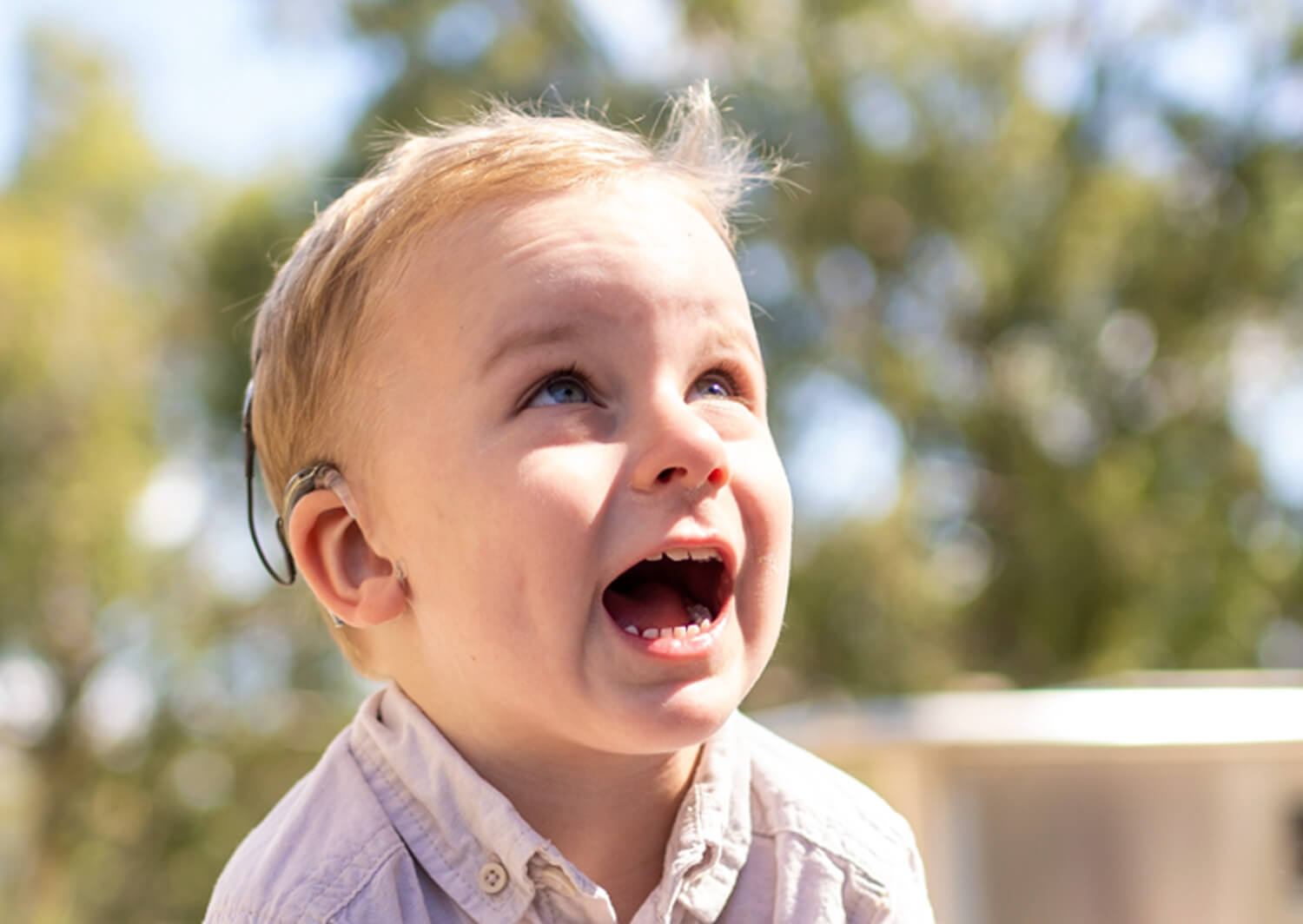We rely so much on our hearing, but most of us take our good hearing for granted. The sense of hearing is a complex and at the same time an amazing system. A system that demands care and periodic medical checks so that you can enjoy it fully as you grow in life.
But how does our hearing work?
Trying to explain it in plain English, our ears gather sounds, turn them into electric signals and deliver them through our nerve fibers to the brain where they are finally interpreted.

Below you can see how the different parts of our ear make us hear.
-What we usually call ear, is known as the pinna. It helps by gathering sounds, determining the direction where they come from and leads them into the auditory canal. The external auditory canal includes a thin membrane that is known as the Tympanic Membrane. The tympanic membrane turns the sounds into mechanical vibrations and delivers them to the middle ear.
-The middle ear contains the three smallest bones in the human body: the malleus, the incus and the stapes also known as the ossicles. They are set in motion through the Tympanic membrane, and those movements deliver the wide range of sounds into the inner ear.
-Each one of our ears has a small enclosure, filled with liquid that is called the cochlea. The cochlea has almost 20.000 hair cells. These tiny hair cells are responsible for the ‘’translation’’ of the mechanical vibrations into electronic pulses. The electrical stimulants travel through the sound nerve fibers to the brain, which interprets what the sound we hear is.




